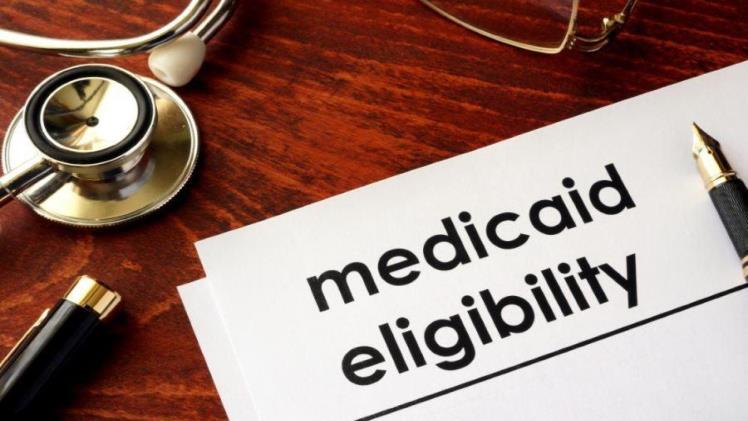Medicaid is a federally funded program that state organizations run. For those 65 years of age or older or who meet the criteria for a disability under Social Security, it offers assistance for medical expenses. Applicants must fit under the specific asset and income restrictions to be eligible. Contacting probate estate administration in Ridgeland is a good option.
Mississippi law carries out the federal policy that permits the state to seek compensation from some descendants’ Mississippi probate assets. Suppose a probate case involving the assets of a dead recipient who was 55 years of age or older when they got assistance is ongoing. In that case, the executor or administrator of a Mississippi estate must inform the Division of Medicaid. The notification statute guarantees that the state will have a chance to make a claim and empowers Medicaid to pursue reimbursement for the payment of specific benefits.
Federal legislation permits the use of this enforcement method. The Omnibus Budget Reconciliation Act of 1993 mandates that states pursue reimbursement from the estate of a deceased Medicaid beneficiary who was 55 years of age or older when the assistance was received for any nursing home services, home, and community-based services, and related healthcare and prescription drug services. As a result, the state can now demand payment from the estate of a deceased person for Medicaid benefits earned during that person’s lifetime.
In compliance with federal regulations, Mississippi has created an estate recovery program.
The recovery statute in Mississippi stipulates:
Any dead Medicaid recipient’s estate must list the division as an identifiable creditor.
The division may pursue reimbursement from the estate of a deceased Medicaid beneficiary who was 55 years of age or older when he or she received assistance for payments.
These include the ones for nursing facility services, linked hospitals, home-prescription drug facilities, and community-based services according to the applicable federal law, rules, and regulations, such as those under Title XIX. Depending on whether there is a spouse, a surviving dependent who is younger than the age of 21 or who is blind or crippled, or both, the claim will be waived by the division. In accordance with federal law and regulation, if the division or a judge finds that there is an undue burden.
Although it is evident from Federal law that Medicaid may pursue recovery against an estate, it is rarely obvious which assets are considered part of an “estate.”
There are differences in how the term is described under each state’s law because each state has the freedom to change the definition of “estate” as it deems fit.

